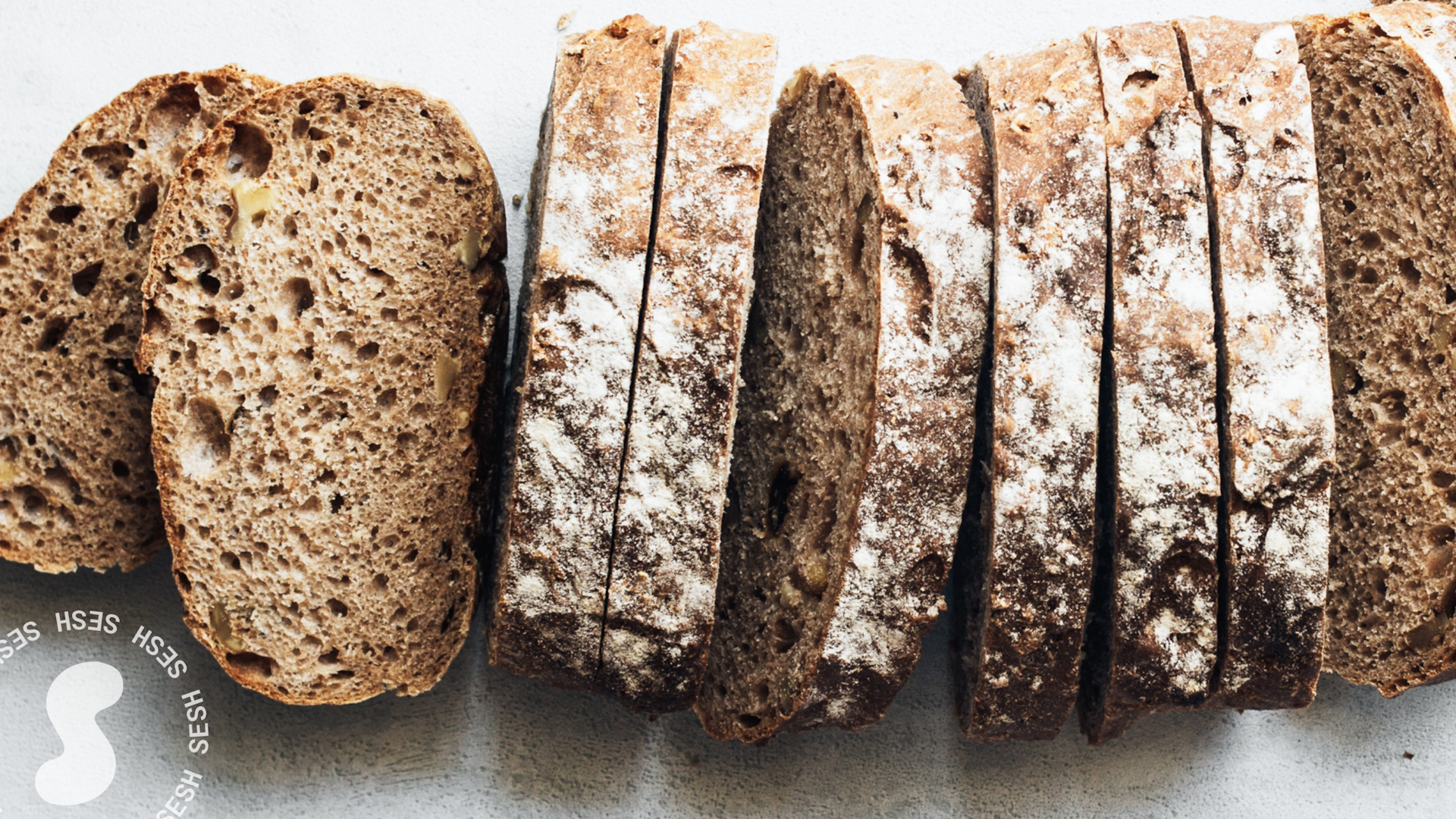
Carbs — Good Or Bad For You?
Log in to social media, turn on the TV or scroll through lifestyle blogs and you’re bound to be bombarded with the latest trends in weight loss and diet fads. And if you’re like us, you’ve seen countless weight-loss plans that all hinge on the amount of carbs you eat in a day.
So, what’s all the fuss about? Are carbs really the holy grail in nutrition or something to be avoided at all costs? Let’s start by breaking it down.
WHAT ARE CARBS?
Carbs, or carbohydrates, are a macronutrient. That means they’re one of the cornerstones of a balanced diet. Macros are essential for proper body function, and your body needs a large amount of them just to do normal daily tasks. And your body can’t produce its own macros – they have to be obtained through diet.
The National Institutes of Health recommend setting your own carbohydrate goal, with 45% to 65% of your daily caloric intake coming from carbs. One gram of carbs equals about four calories, so a diet of 1,800 calories per day would equal between 202 and 292 grams of carbs. Need help with that math? The Sesh Macro Calculator can help!
CARBS CAN BE COMPLEX OR SIMPLE
While carbohydrates are a macronutrient and shouldn’t necessarily be removed from a balanced diet, it’s important to remember that not all carbs are created equal. The key is to reach for complex carbs, which provide more nutritional value and have to be broken down in your body before they can be used as fuel.
Simple carbs often come from processed foods and refined sugars like candy, soda and syrup. They’re devoid of vitamins, minerals and fiber and can pretty easily be classified as “junk food.”
However, complex carbs come from sources like beans, peas, lentils and whole grain breads and cereals. If you can aim for getting the bulk of your daily carbohydrate load from resources such as these, they’ll help support your nutritional goals and help maximize the benefits of carbs in your diet.
FAST FUEL & A CLEAN SYSTEM
Whether simple or complex, all carbs are eventually broken down into glucose, your body’s main energy source. Some of your organs (like, ahem, your brain) need glucose in order to function properly. This is why you feel a little fuzzy before your lunch break or may have trouble focusing before your mid-afternoon snack.
In addition to being your main energy source, certain carbohydrates help maintain your GI tract. You may have heard of them, they’re called fibers. Fiber doesn’t give you energy, but it does help rid your body of waste and keep your intestinal tract happy and healthy.
HOW SHOULD I GET MY CARBS IN?
It can sometimes be challenging to know how clean your carbs really are. If you’re weighing your options, here is a carb checklist we created to help you the next time you're at the grocery store.
COMPLEX CARBS TO ADD TO YOUR CART
- Whole wheat breads and pastas
- Brown and wild rices
- Oatmeal
- Quinoa
- Sweet potatoes
- Whole fruits such as apples, strawberries and bananas
SIMPLE CARBS TO ENJOY IN MODERATION
- Soda
- Fruit juices
- Sugared cereals
- Ice cream, cakes and pastries
- White bread
- Regular pasta
- Potato chips
Armed with this knowledge, we know you’re going to get out there and make awesome carbohydrate calls! Need more help? Join the Sesh Fam for support, advice and expertise.